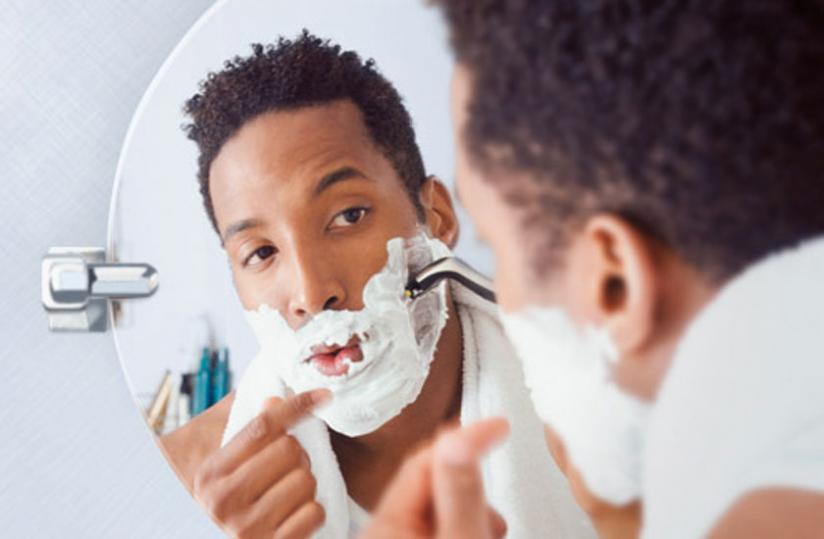Dear Doctor, I developed a wound on my cheek after scratching while shaving recently. My worry is that the wound left me with a scar which grows bigger with time. How should I get rid of it? Henry


Dear Doctor,
I developed a wound on my cheek after scratching while shaving recently. My worry is that the wound left me with a scar which grows bigger with time. How should I get rid of it?
Henry
Dear Henry,
Is the scar itchy or painful, dry or oozing or pus filled? The process of shaving involves exfoliation of the skin, i.e. removing part of the skin along with the stubble and hair which is shaved. The process can be followed by slight bump formation. Acne if present on the face over the area being shaved, can become more visible and prominent after shaving. Similarly, the scar of eczema or dermatitis can become more prominent after shaving.
Normally hair resides and grows within the hair follicle. After shaving, sometimes the hair grows inward or sideways through the follicle. This action causes the tip of the hair to pierce the surrounding skin, causing inflammation and intense itching of the affected area, which provokes scratching. The broken skin allows bacteria to enter the hair follicle worsening the inflammation, giving rise to pimples, pain and even feve. In dark-skinned persons, the inflammation causes the melanocytes (pigment producing cells) to produce excess pigmentation (dark spots or hyperpigmentation), making the area unsightly and socially embarrassing. In predisposed individuals (eg blacks and Asians), sometimes after the wound heals, a band of raised scars called keloids can be seen on the skin.
Due to use of contaminated razors or blades, the site shaven may get infected causing redness and pain, a scar may form when it heals or when a razor is moved over it again. A scar caused by an injury or itching due to an insect bite may grow after being touched by shaving.
If the affected area is touched repeatedly, the scar formed can grow bigger.
Prevention lies in avoiding contaminated razors and blades and avoiding sharing razors and blades used for shaving. If a scar is present over some part, that should be left untouched, till it heals completely. If there is any pain or inflammation, use of suitable antibiotics and anti inflammatory drugs will help to heal it.
If the scar has become big and ungainly like a keloid, surgical excision or laser therapy can heal it.
Dr Rachna Pande is a specialist in internal medicine at Ruhengeri Hospital


